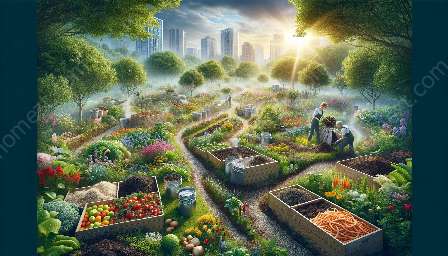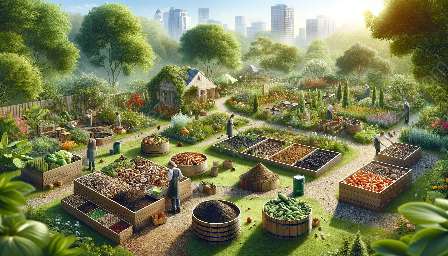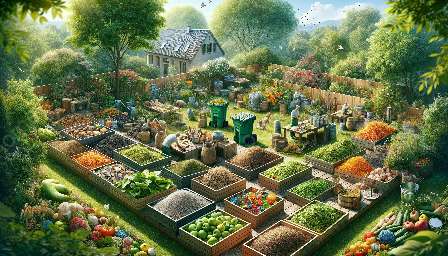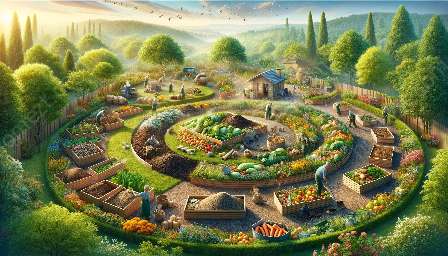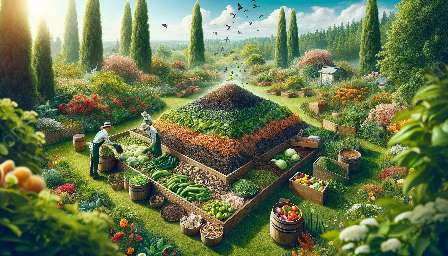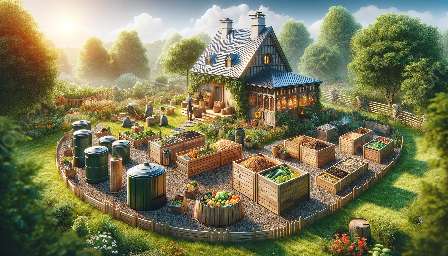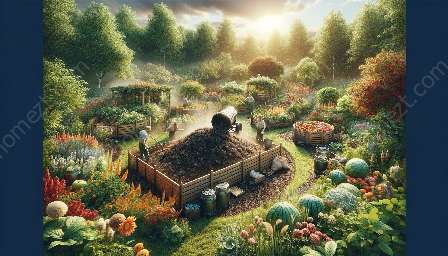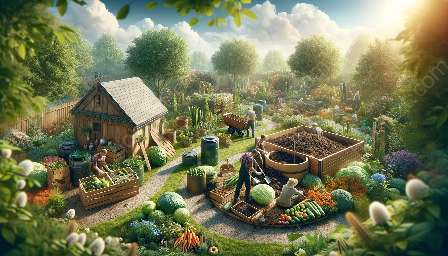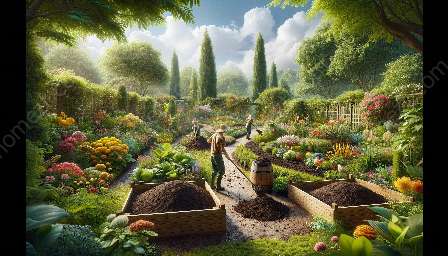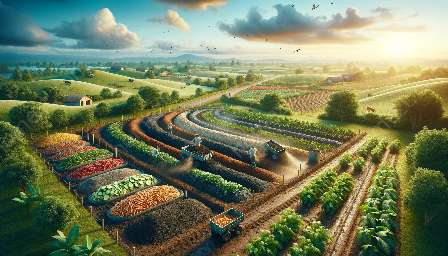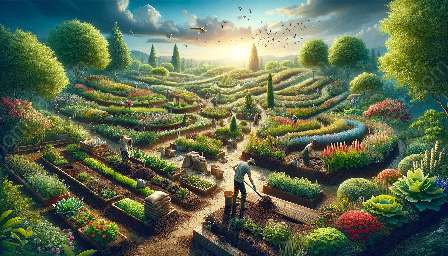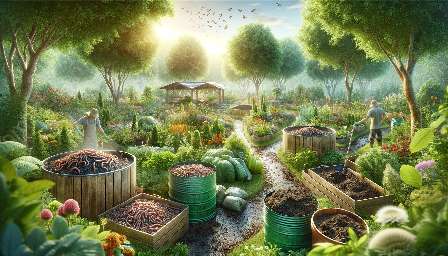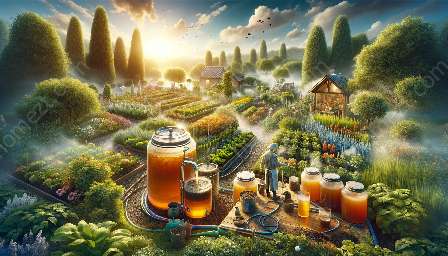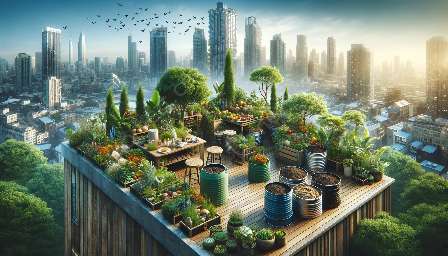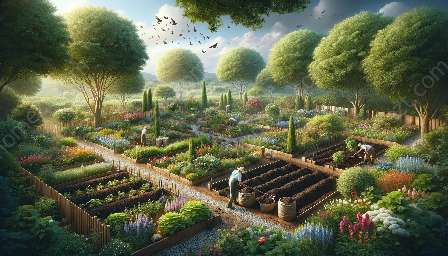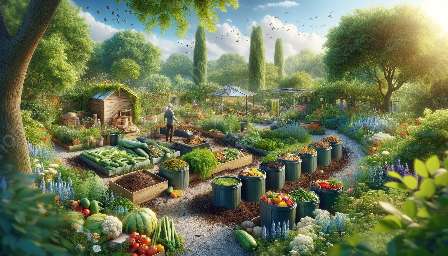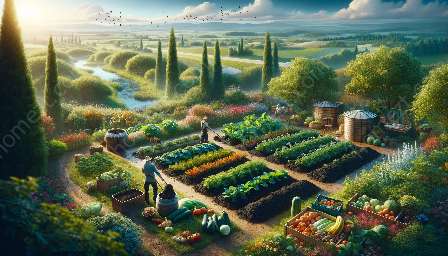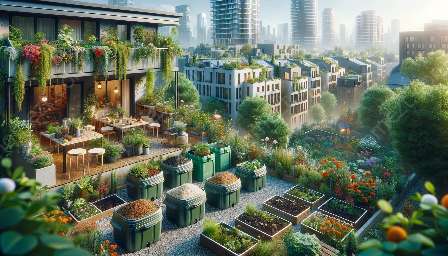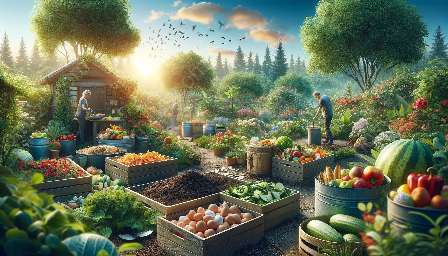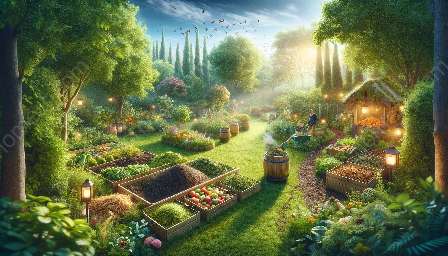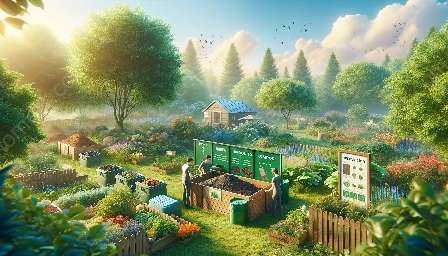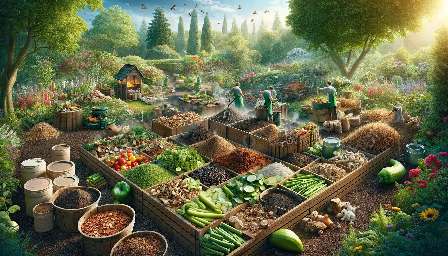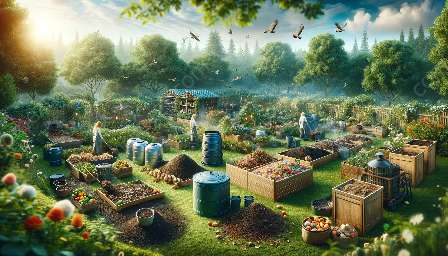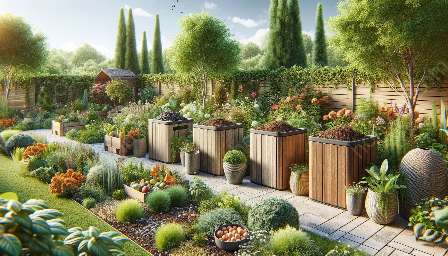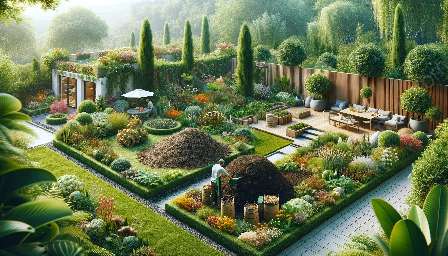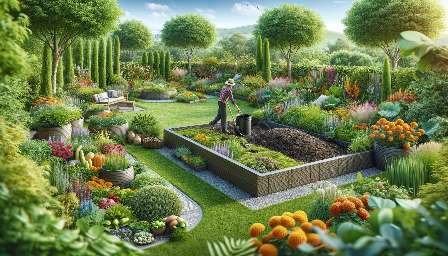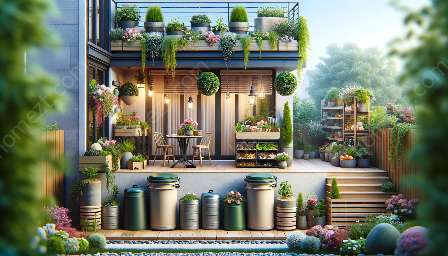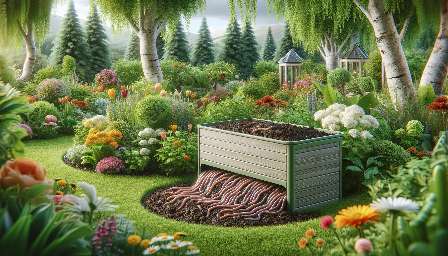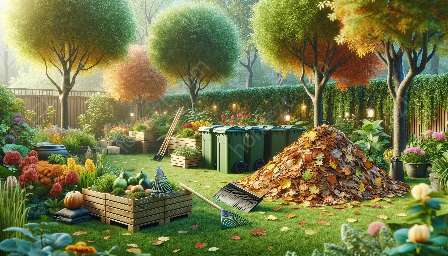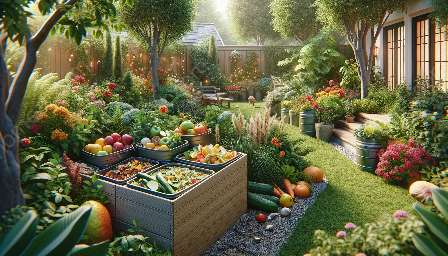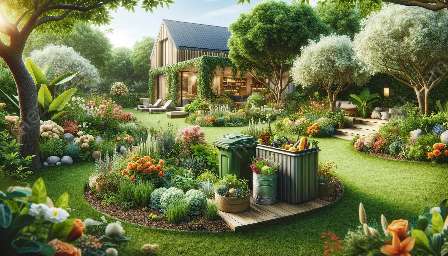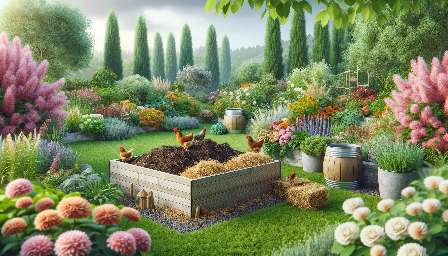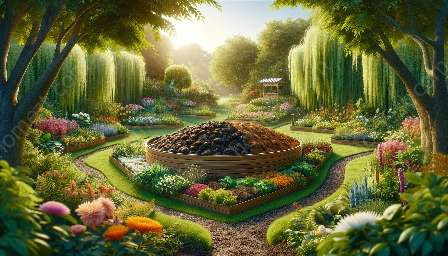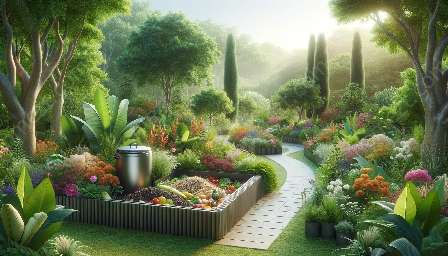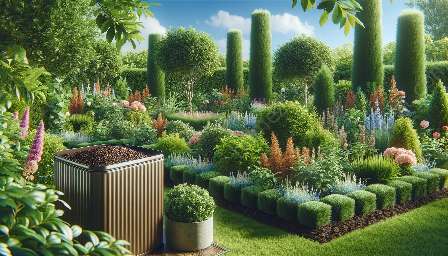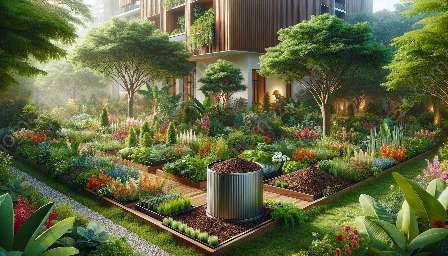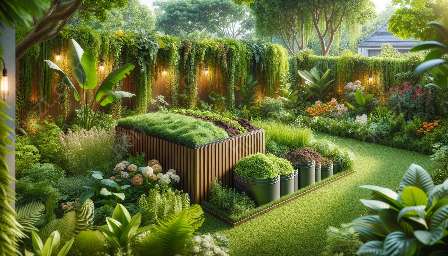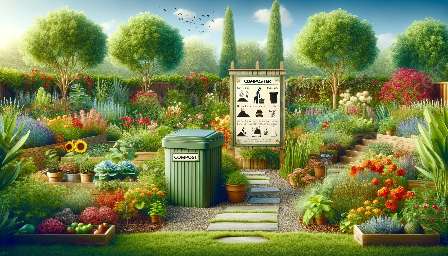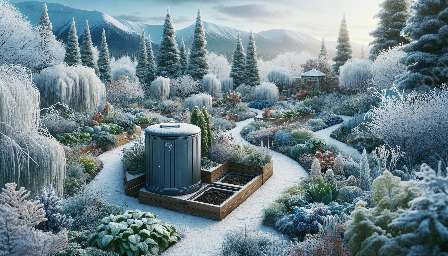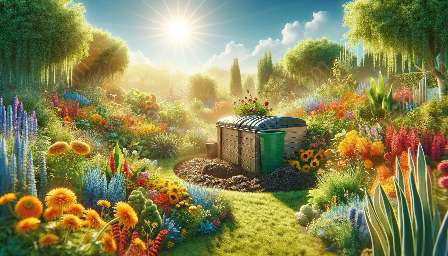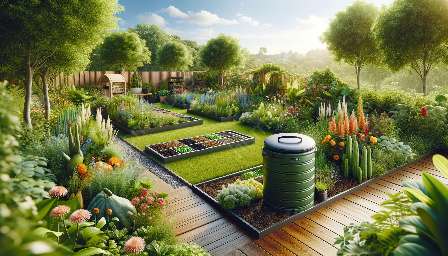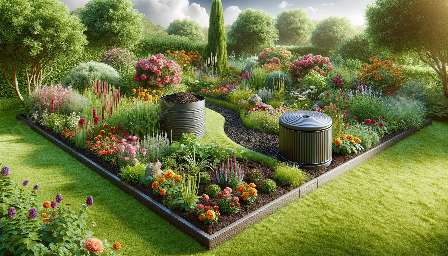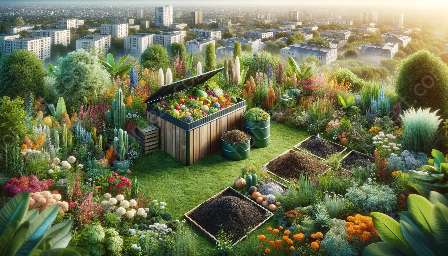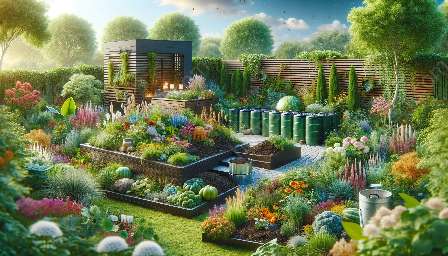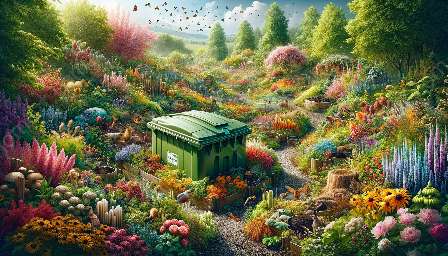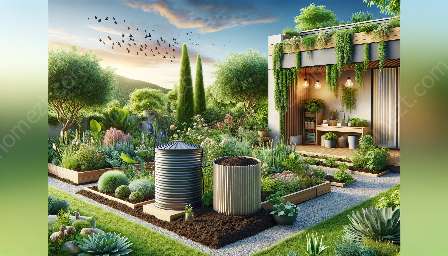Composting is an important practice for sustainable gardening and landscaping. It involves the decomposition of organic materials to create nutrient-rich compost that can benefit gardens and landscapes. Compost bins are essential for efficient composting, and there are several types available to suit different needs and preferences.
1. Traditional Compost Bins
Traditional compost bins are typically made from wood, plastic, or metal. They come in various sizes, shapes, and designs, allowing gardeners to choose one that best fits their space and aesthetic preferences. These bins are suitable for backyards and larger gardening spaces.
Advantages:
- Sturdy and durable
- Provide good aeration for the compost
- Available in various sizes and designs
2. Tumbler Compost Bins
Tumbler compost bins are designed to make the composting process more convenient. They have a barrel or drum that can be turned or rotated, which helps aerate the compost and accelerates the decomposition process. Tumbler bins are ideal for smaller spaces and require less physical effort compared to traditional compost bins.
Advantages:
- Convenient and easy to use
- Aerate the compost effectively
- Can speed up the composting process
3. Worm Compost Bins
Worm compost bins, also known as vermicomposting bins, utilize special composting worms to facilitate the decomposition of organic materials. These bins can be kept indoors or outdoors and are suitable for those with limited outdoor space. Worm composting is an efficient way to compost food scraps and other organic waste.
Advantages:
- Produce high-quality compost and liquid fertilizer
- Can process a wide range of organic materials
- Suitable for indoor and small-space composting
4. Compost Piles and Bins
For those who prefer a more natural and open approach, compost piles and open bins are another option. These can be as simple as a designated area in the backyard where organic waste is piled up and left to decompose. Open bins are cost-effective and provide a larger capacity for composting.
Advantages:
- Low cost and easy to set up
- Can accommodate a large volume of organic waste
- Promotes natural decomposition processes
Choosing the right compost bin depends on factors such as available space, the amount of organic waste generated, and personal preferences. Regardless of the type of compost bin chosen, composting is a rewarding practice that contributes to sustainable gardening and landscaping.

